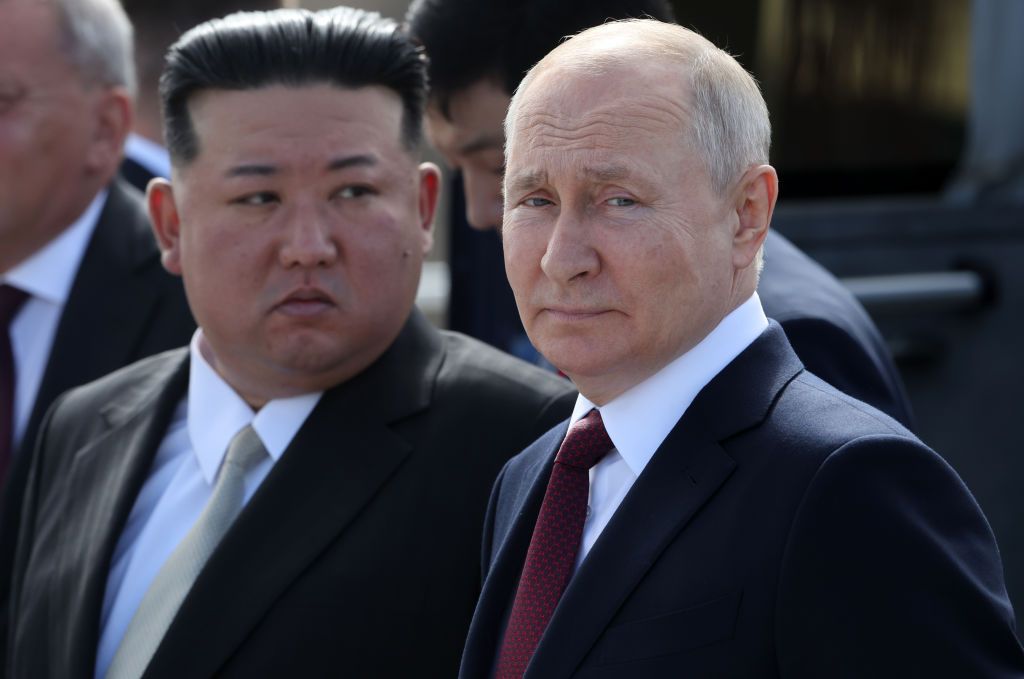Austin: South Korea's allies concerned that Russia, China aid North Korea's military

Countries comprising the UN Command (UNC) overseeing the armistice in the Korean peninsula have expressed concern that Russia and China are helping North Korea improve its military capabilities through sanctions evasion, U.S. Defense Secretary Lloyd Austin said on Nov. 14 at a meeting in South Korea, as reported by Reuters.
The UNC, founded in 1950 at the start of the Korean War, consists of 17 countries pledged to defend South Korea.
Austin said that he feared Russia's military cooperation with North Korea has increased, becoming a two-way street in which North Korea provides Russia with military hardware, such as artillery shells, in exchange for military technology to improve North Korea's long-range capabilities.
U.S. State Secretary Antony Blinken said on Nov. 9 that Russia may have provided North Korea with ballistic missiles and nuclear technology and that their cooperation was not just a potential threat to their respective neighbors but also to the "global non-proliferation regime."
With Russia's military stocks running low and domestic production capacity simultaneously hampered by Western sanctions, it has increasingly turned to other sources for military equipment, including North Korea.
Russia and North Korea signed a widely condemned arms deal in October, which Russia has denied.
Nonetheless, U.S. National Security Council spokesperson John Kirby said on Oct. 13 that Russia had received shipments of North Korean weapons and ammunition following a meeting between Russian dictator Vladimir Putin and North Korean leader Kim Jong Un in September.
South Korean military officials reported in November that North Korea may have provided Russia with short-range ballistic missiles, as well as over 1 million artillery shells.
Other Western leaders said this may have a tangible impact on the battlefield.
Czech President Petr Pavel said on Nov. 9 that given the current state of the fighting, Ukraine was unlikely to gain military superiority over Russia, in part because of Moscow's ability to turn to allies such as North Korea to replenish dwindling munitions stocks.
Russian Foreign Minister Sergei Lavrov thanked North Korea for its "fundamental, unequivocal support" in the war against Ukraine on Oct. 18 during a visit to the country.















